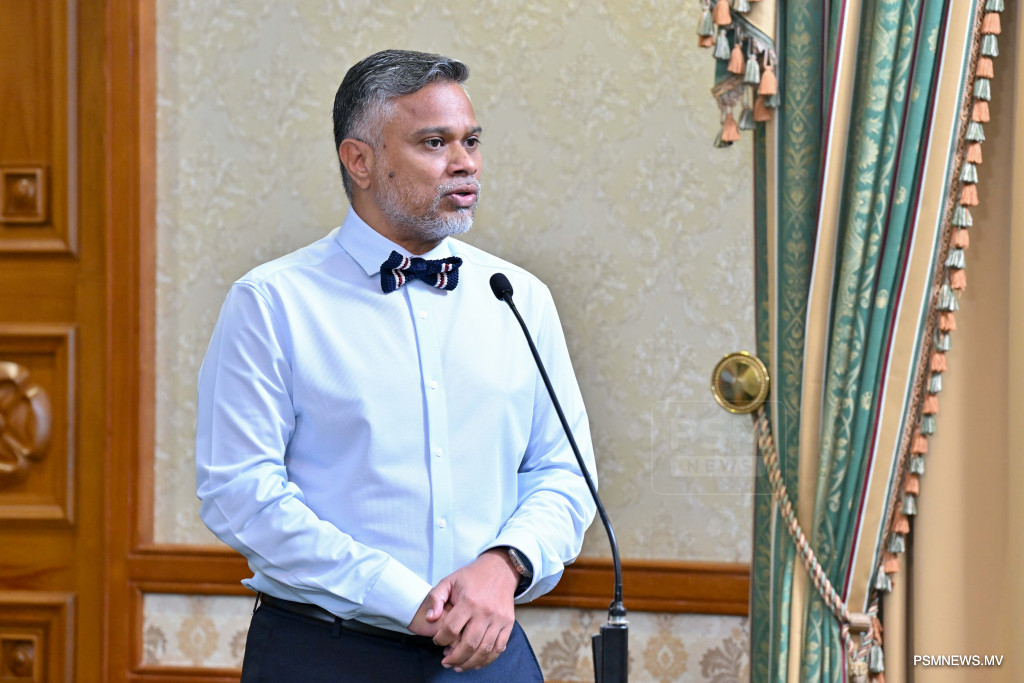
The new Prevention of Gang and Other Serious Offences Act set to come into force next month will provide a major boost to increasing public trust and confidence in the justice system, the Prosecutor General (PG) Abbas Shareef has said.
While previous legislation targeting gang activity, intimidation, and the possession of dangerous weapons has been in place since 2010, it has not produced effective results. The new law that will come into effect on 25 August following its ratification in May, addresses these gaps and provides the stronger response the public has long called for.
Speaking during the media briefing session on the new law, the PG said law enforcement agencies will have the ability to declare a criminal group as a gang through the High Court and crackdown on their criminal activities.
However, he admitted that prosecutors along with law enforcement agencies need to put in a lot of effort to gather enough evidence to get the first appellate court to sign off on such classifications.
Abbas said once the classification is made, authorities will have the power to make the information public through the government gazette.
The chief prosecutor expressed confidence that the new law will lead to increased public trust in the justice system with harsher penalties for serious and organised crimes, adding that it also closes the door on clemency or presidential pardons for serious and violent crimes.
"Even if a plea deal is made, that will cut the prison sentence in half. But even then the law does not allow the court or the president to give any leeway or clemency below a 25 year prison sentence. So that will spur a lot of public confidence in the system,” he explained.
The new statute formally defines offences related to gang activity and organised crime, introducing strict penalties while significantly broadening law enforcement authority. It establishes monitoring mechanisms for high-risk individuals and includes provisions to prevent the recruitment of minors into criminal organisations. Structuring its approach around prevention and enforcement, the law aims to dismantle entrenched networks and disrupt their operations.
Under its provisions, law enforcement agencies are tasked with identifying gangs and individuals affiliated with them, a step intended to weaken criminal networks and limit their ability to operate. The legislation also authorises the seizure of illicit assets linked to organised crime, criminalising financial support for such groups.
Law enforcement agencies have been granted expanded powers to conduct controlled deliveries and covert operations aimed at dismantling organised crime syndicates. The law explicitly criminalises recruitment into organised crime, with stiff penalties for those responsible.
